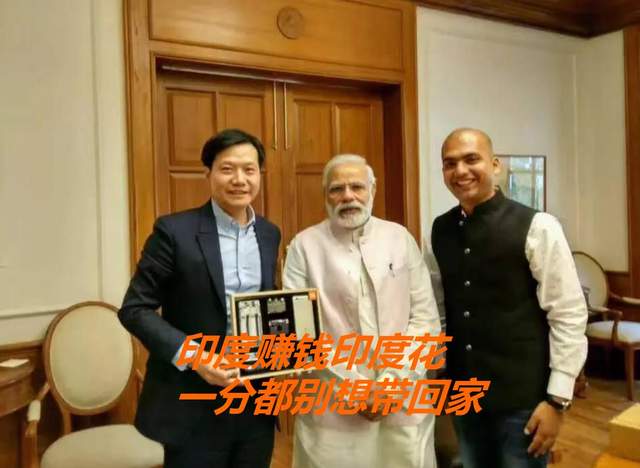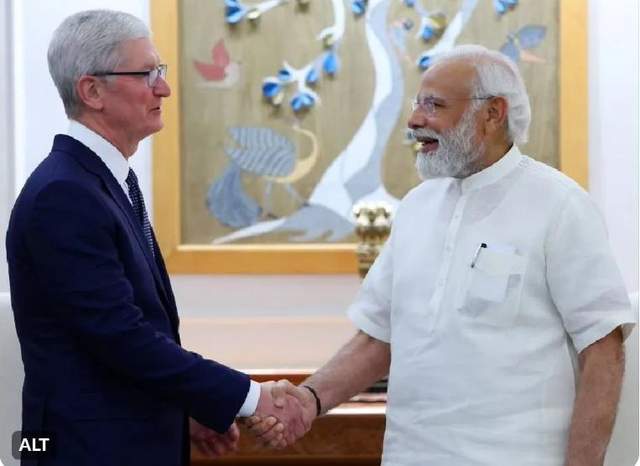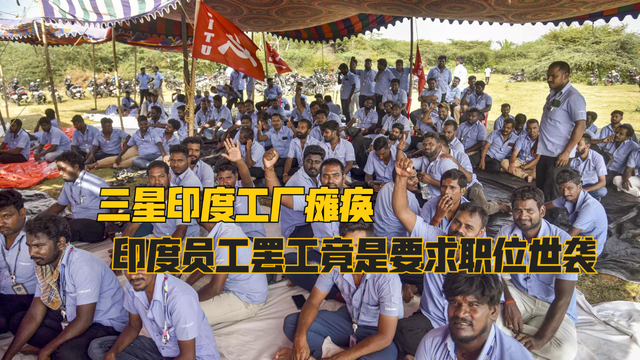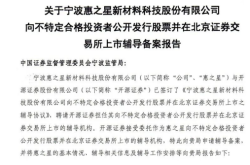Is India Once Again Extorting Samsung? Samsung Reaches Breaking Point, Preferring Shutdown Over Compromise
![]() 02/20 2025
02/20 2025
![]() 597
597
As widely recognized, India has long earned the moniker of the "graveyard of foreign investment," suggesting that foreign companies setting up factories in the country inevitably encounter myriad challenges. India's insatiable appetite often manifests in various forms of "extortion and racketeering."
Not only do Indian workers engage in such practices, but the Indian government itself may also participate, leveraging fines and other means to extract value. In essence, it becomes a scenario where "money is earned and spent in India; not a penny leaves the country."

Previously, numerous Chinese enterprises have suffered substantial losses in India. Xiaomi, OPPO, and VIVO have had their assets frozen and been subjected to heavy fines by the Indian authorities.
Moreover, India demands that Chinese companies establish factories and build local supply chains within its borders. Even more strikingly, they insist on Indian capital participation in the local operating entities of Chinese mobile phone manufacturers.
In summary, to make money in India, one must contribute significantly to the country. Given India's vast market potential, many Chinese enterprises have repeatedly endured such demands.

This situation has inadvertently fueled India's "malicious wind," intensifying its greed. This is not limited to Chinese enterprises but extends to others, such as Samsung.
Last year, over 1,500 workers at Samsung's Indian factory went on strike, making three primary demands: doubling wages, reducing the workweek to 35 hours, and allowing family members to inherit positions.
Initially, Samsung accommodated these workers, partially meeting their demands by increasing wages by 20%. However, by proposing an "80% wage increase over the next 10 years," the Indians returned to work, albeit somewhat dissatisfied as not all conditions were met.

A few months later, another strike occurred. This time, Samsung was more resolute and did not agree to the workers' conditions, greatly displeasing the Indians.
Recently, the Samsung factory in India went on strike once again, this time demanding the implementation of a "hereditary job system." Essentially, if any worker at the Samsung factory dies, Samsung must hire their heir without question.
This was truly intolerable for Samsung, prompting Chairman Lee Jae-yong to decide that he would no longer satisfy India's "insatiable greed." He issued a clear ultimatum: regardless of the number of people on strike, they would be terminated. Either resume work immediately or face closure!

India was understandably panicked. While greedy, they are not foolish. If Samsung were to be scared off and decide to close down, all their efforts would be in vain, which would not be worth it. Consequently, they swiftly resumed work.
This incident underscores India's tendency to bully the weak and fear the strong. Chinese enterprises must learn to assert themselves and demonstrate a willingness to close down rather than compromise. It is estimated that India will find it significantly more challenging to exploit such enterprises in the future.



